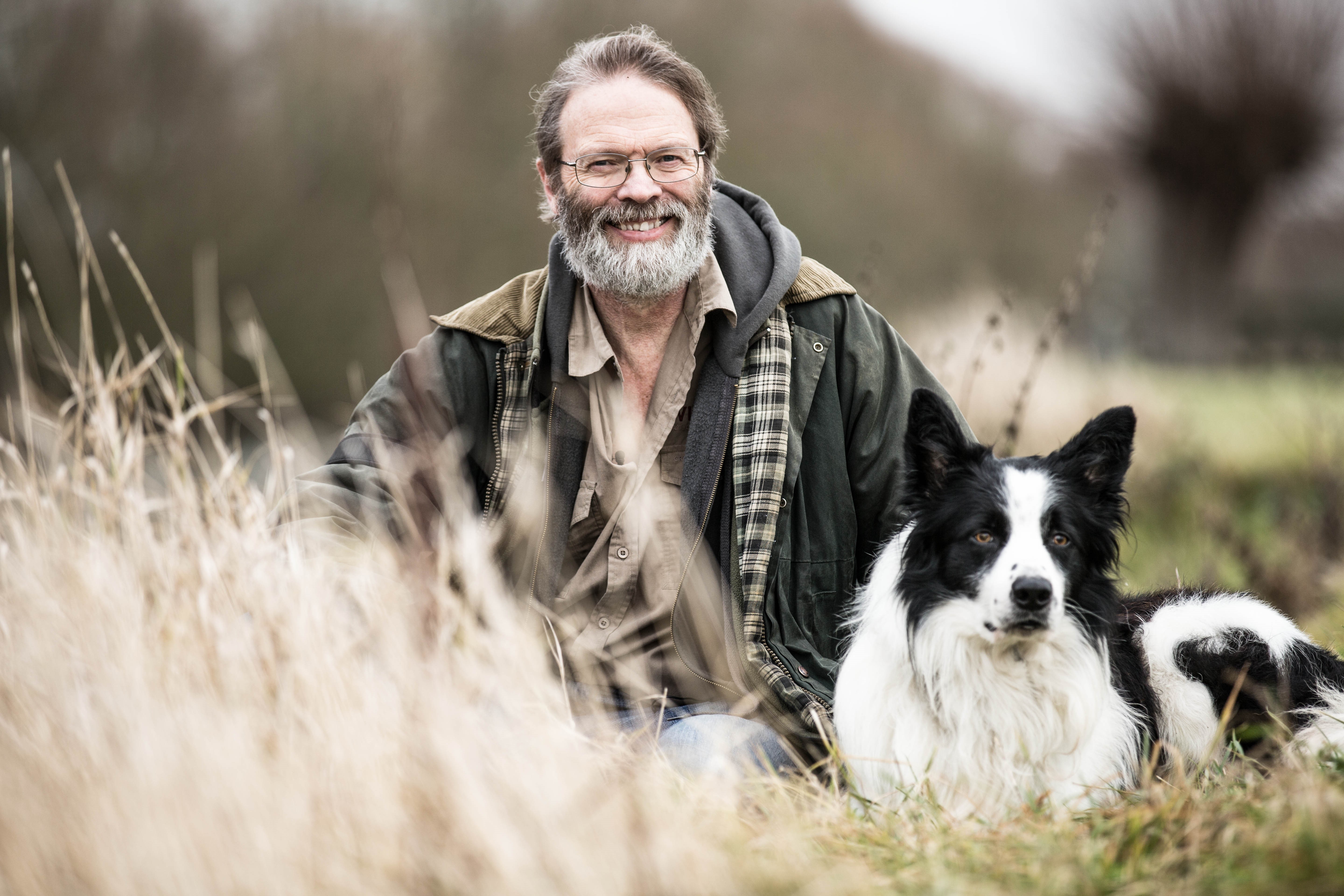News
Professor David Macdonald listed as the 26th most influential academic in the disciplines of Ecology and Evolution
At the WildCRU, tangible conservation impact is our raison d’être. But the devil is in the detail: how we measure conservation impact is highly subjective, and no single metric can truly capture the many ways in which we impact conservation science and practice around the world. As a research group within the University of Oxford, part of our core philosophy is that academic, scholarly work is a critical underpinning for any applied conservation practice. So we are particularly delighted by a new report from Research.com which ranks our founder, David Macdonald, as no. 26 of the 10,000 most influential researchers around the world in the disciplines of Ecology and Evolution.
In 2015, Professor Macdonald was voted the 3rd most influential British conservationist by a panel of conservation experts at the BBC Wildlife Magazine. The panel considered his work as Chairman of Natural England’s Scientific Advisory Committee; the global reach of his brainchild, the post-graduate Diploma in International Wildlife Conservation Practice; and his public-facing works as an author, film-producer, and policy advisor, amongst a range of factors in reaching their conclusion. But the fields of academic investigation and conservation practice can often prize different approaches to achieving impact — indeed, the new Ecology and Evolution metrics are based purely on research impact, including publications, citations, and other academic productivity. Here, Professor Macdonald ranked no. 26 internationally, and no. 3 in the UK, of the most influential academics working within the field of Ecology and Evolution, which itself is a very wide discipline, encompassing everything from the algae living in geothermal springs to the migration patterns of blue whales.
Both polls recognize different aspects of Professor Macdonald’s influence: the BBC Wildlife rankings reflect his lifetime of work in leading both domestic and international conservation policy and practice, whereas the Research.com rankings capture his scientific and academic reach. Scientific approaches are needed to understand natural systems and conservation issues, while policy and strategic plans turn this knowledge into conservation action. That both polls, with their different priorities and measurement approaches, have valued Professor Macdonald’s work so highly is recognition of the profound influence he has had on the global conservation landscape over the past 40 years.






